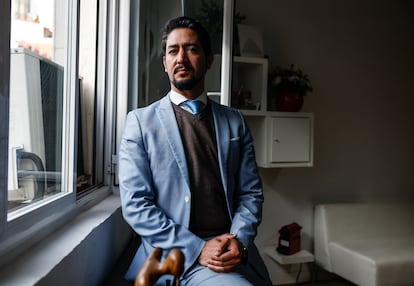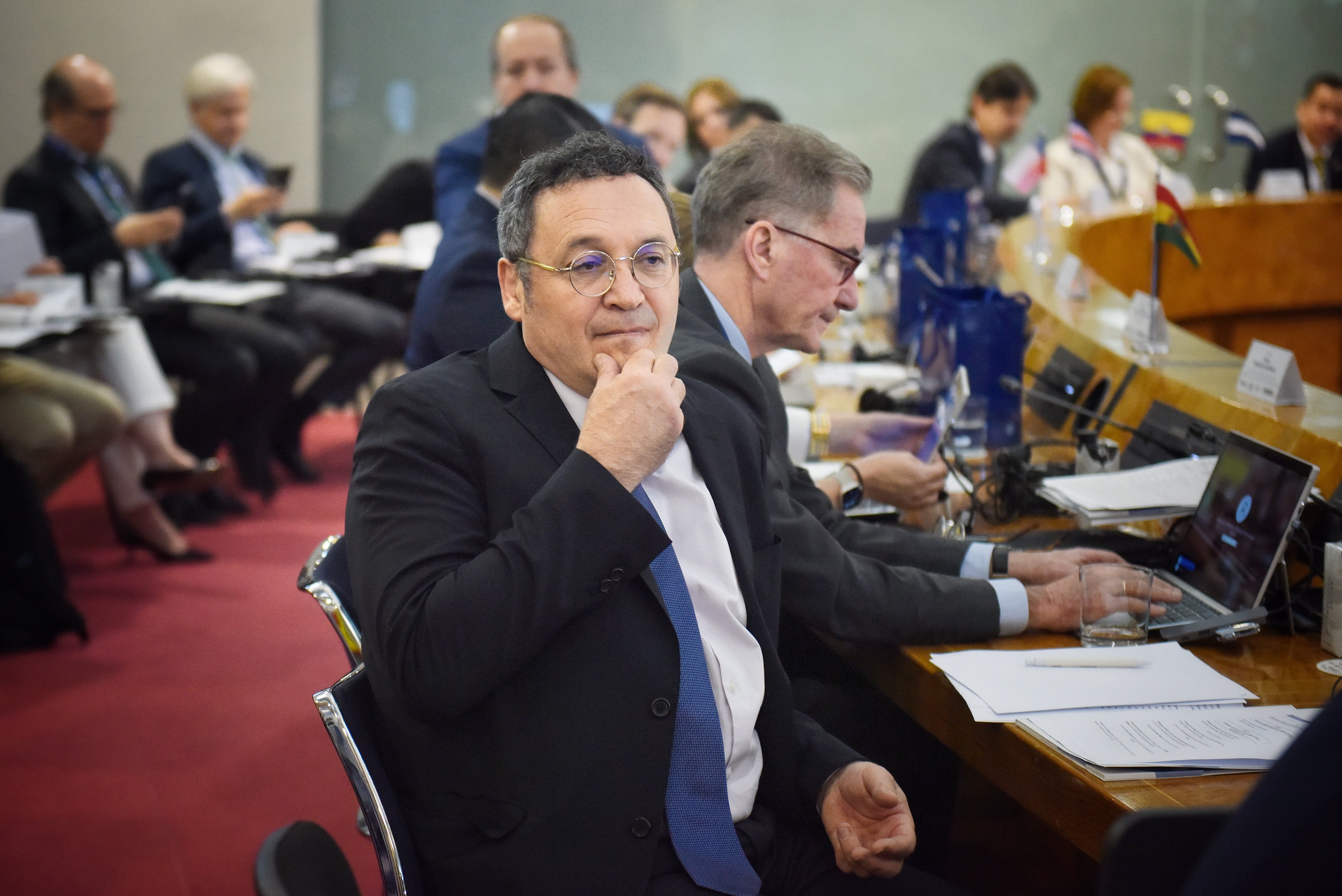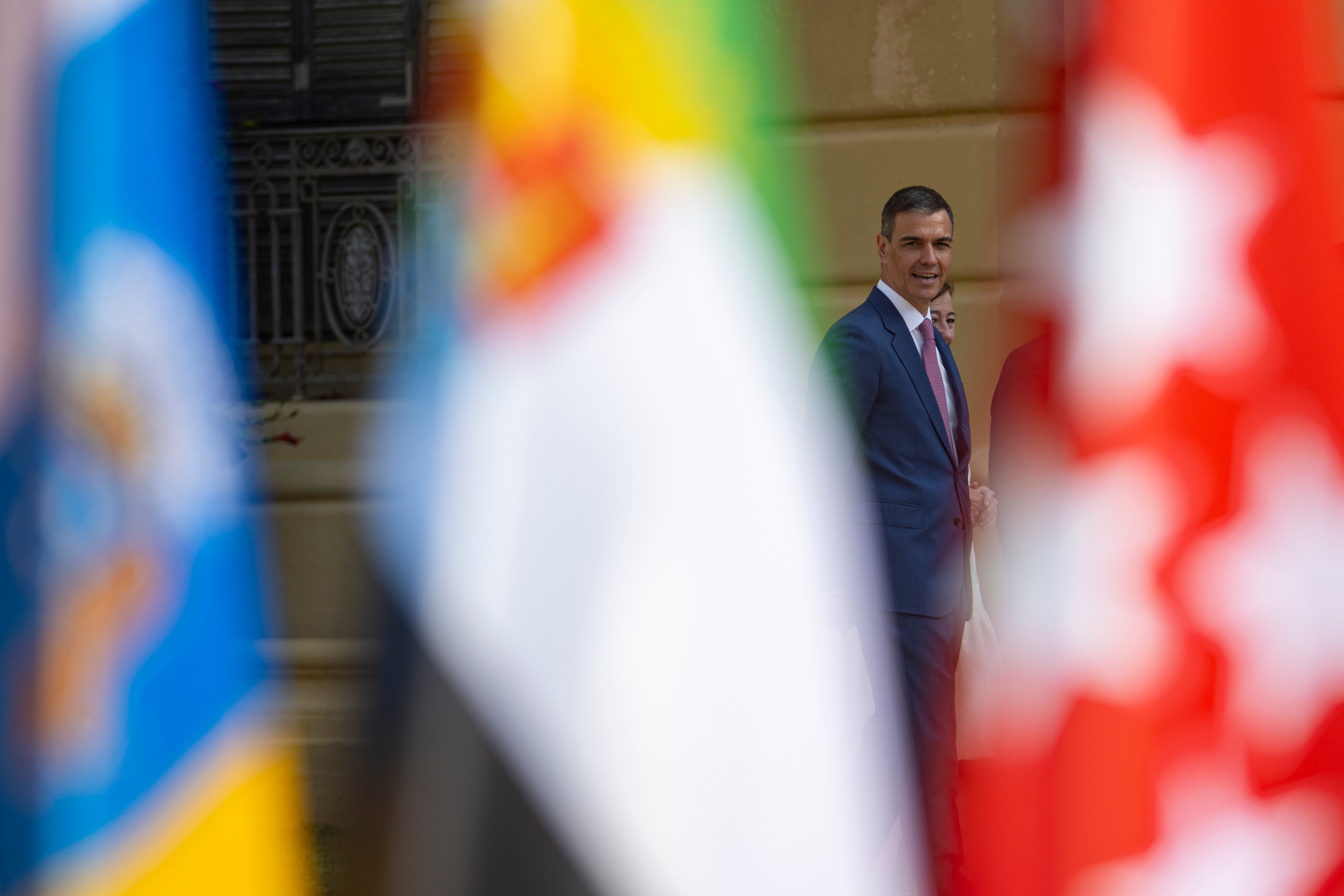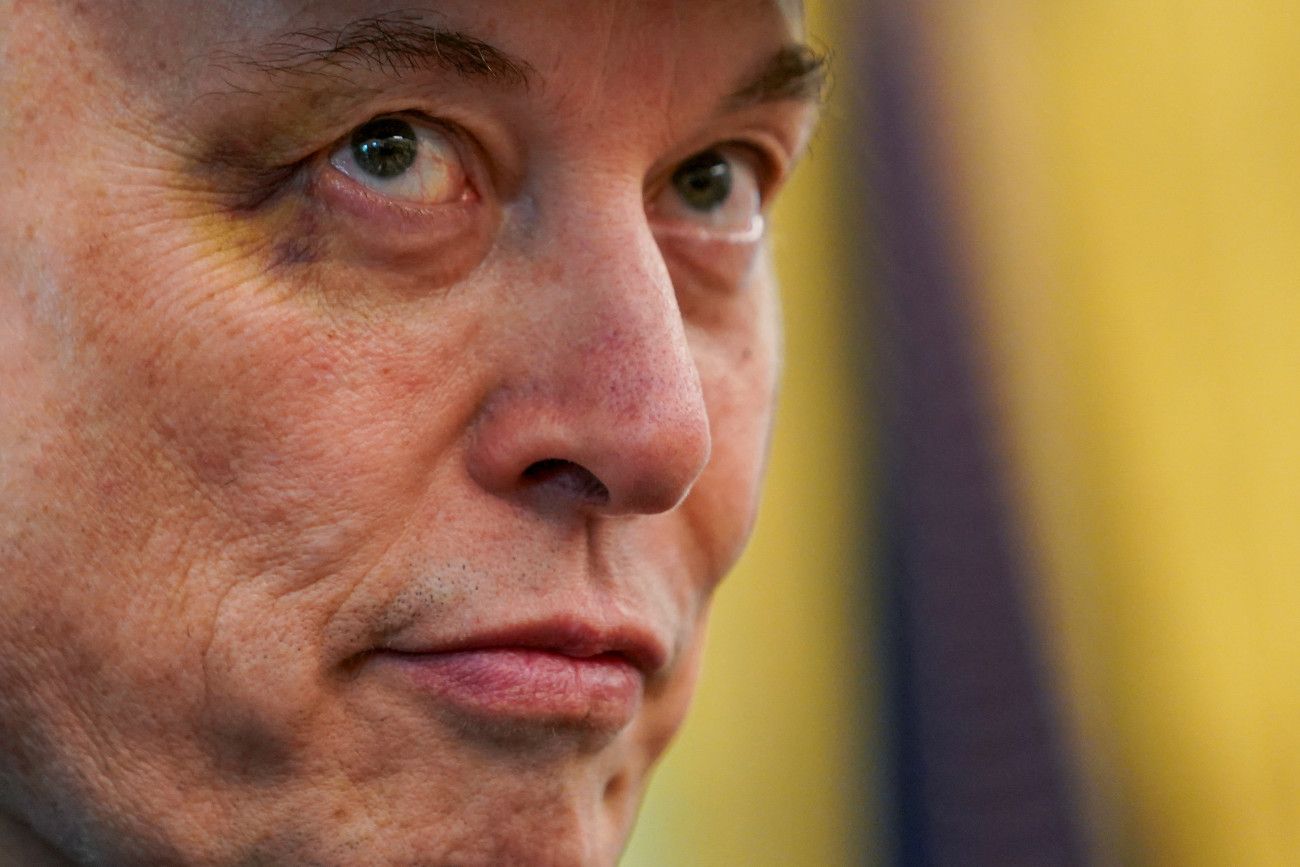The Odyssey of the almost 7,000 Saharawis without homeland in Spain | Spain

Taher Labeidi was 10 years old when The Spanish flag stopped waving in 1976 in the town where he was born, Miyek, in the Western Sahara. Remember to live in peace, until, « in the blink of an eye, » Spain abandoned what was its province number 53. It evokes that moment with three other memories: « detention, abandonment and exile. » Hundreds of thousands of Saharawi had to flee to Algeria, escaping from the Moroccan and Mauritan forces, which were desired to take over the territory. Spain, which began to walk without Franco, He did not fulfill his responsibility with the colony now the Saharawi people still expect a referendum of determination, according to international legislation. Labeidi now lives in Vitoria, where he receives treatment for a disease that requires periodic care. Despite being officially Spanish during his first ten years, It is now stateless. Or what is the same, no country, not even the one who saw him born in 1966, recognizes him as a citizen.
Labeidi is one of the more than 6,800 stateless ones in Spain, according to the report Global Trends Report ACNUR in 2022. In that year, the last with available data, the INE estimated at 3,631 the stateless ones in Spain. The disparity between these two figures responds, according to a report presented by the Spanish Catholic Commission Association of Migration (ACCEM) and other organizations in October 2024, that the INE data « does not end up reflecting the reality of the apatridia, especially the Infant », since « it is not properly identified to the appraisal applicants. »
The majority of people in this situation are Saharawis. In 2023 there were 1,118 Appatridia applications in Spain, of which 1,080 (more than 96%) were from Saharawis, according to the INE. The granting of the nationality of origin in Spain is governed by the Ius Sanguinisthat is, only Spanish will be considered Spanish if one of their parents is Spanish, not to be born in the territory. The legislation does not contemplate what nationality corresponds to the Saharawi, who until 50 years were Spanish Spanish and are now scattered among the area occupied in Morocco, the camps of Algeria, and the diaspora.
The status of Apatridia begins to grant from the end of the 2000s, « when justice establishes that they are considered stateless, » explains Sidi Talebbuia, lawyer Saharawi. He adds that the courts « understood that if Algeria says they are not Algerians, they cannot be considered nationals of Algeria. » He is 39 years old and was born in Dajlathe most south camp. He arrived in Seville with 11 years thanks to the program Peace holidayswhich allows Saharawi children to spend summer in Spain with host families. For health and future reasons, he did not take the plane back. He remained in an irregular situation. « Illegal, as some say. »
From his office on the street of Montera, in Madrid, the lawyer denounces that Spain has eluded its protection obligation as an administrator power of a colony. This is included in article 73 of the United Nations Charter. Not only that: the Western Sahara constitutes the only Spanish excolonia whose citizens do not enjoy any advantage for the granting of nationality. The Saharawi, unlike Latin Americans, Ecuatoguineanos or Sephardim, must wait 10 years to obtain Spanish nationality.
Sumar presented a proposition of law last February that intends, on the one hand, to nationalize Saharawi who were born under Spanish flag and, on the other, equate the youngest with the rest of foreigners who opt for nationality within a minimum period. The new norm aspires to repair the comparative grievance of the Saharawi people in front of other citizens of excolonias or nationalities whose wait to opt for nationality is only two years. In coherence to his policy not to bother Morocco, the PSOE was the only party that voted against its processing. The proposal has entered the amendment phase and the Saharawi community fears that the period to discuss them until the end of the legislature will be dilated, as happened in 2023. At that time, the main force in the government rejected the taking into consideration of a very similar initiative presented by Unidos Podemos and never came forward again.
They were judicial, and non -legislative decisions, which established that the status of protection of the Saharawi would be the apatridia. A Royal Decree approved in 1976 established a period of one year for the citizens of the Sahara to have the official Spanish documentation could opt for Spanish nationality. « What happens, » says Talebbuia, « is that in the Sahara (Spain) everything had been dismantled. » At that time, the Saharawi were at war for their independence after Spain did not promote a referendum of autonomy and could not present the documentation, even if they had it.
Many of those who lost that train still live and those who decide to come to Spain find that the procedures are long and tedious. Taher Labeidi requested the Apatridia in October 2022 and obtained it last March. During that period, he found « endless things that delay documents ». The first year that his illness was being treated, had it very bad. Not having documentation, I had to pay the emergencies and savings were over. Apatridia applicants, unlike asylum seekers, cannot work, « so they end up many times working in black, » explains the lawyer.
« I do not enter my head and it is a contempt that in Spain, after 100 years of colony and being the province 53, now we will be requested by appatridies, » Censorso Taher Labeidi censures.
Some associations, such as Saharaui Lefrig collective, accompany people throughout the process. Its president, lawyer Ahmed Talha, like many Saharawi, arrived in Zaragoza through Peace holidays in 1997with eight years. He kept maintaining contact with his family, but « he had lost his language almost completely » and, above all, the roots with what his home was. His legal situation prevented him from returning to the camps until 2010. « Telephone contact is maintained, but is lost with the months and, with that age, you don’t give importance to those things, » he says.
Macarena Eguren and Javier Gallego ran into an advertisement in the local newspaper that caught their attention: « Do you want Peace holidays. The marriage, which lives in Alcobendas (Madrid), cannot have children, so they did not hesitate. That summer of 2018 arrived Malik, an 11 -year -old boy who asks his real name not to be published. He repeated the following summers and in 2021, like many of his compatriots, he was waiting for a better future. The following year, the marriage began with the procedures to request Malik’s apatridge.
They imagined that the procedures would not be resolved in the three months established by law. What they did not know is that the next two years would be going on the police station at the police station Looking for someone to know the procedures. « The Saharawis are lost, » an official told him. It was a counterreloj career. They had to get Malik to be stateless before they turned 18, age at which the child’s protection ends.
Desperate, Macarena put a complaint to Ombudsman In October 2024. Thanks to that, they knew that the child’s file was lost. « From then on, » he says, « they answered five or six times supermable. » The resolution of the Apatridia de Malik arrived in January, a bittersweet victory. Now the fight is to get nationality.
The teenager, at 17, is finishing second baccalaureate. He loves sport. He plays a midfielder in a soccer team of the league in his neighborhood and does not skip a gym session. Like many boys of his age, he is not sure what he wants to study, but is « focused on taking the course. » It may be officially Spanish when the university ends.
Apatridia is not a phenomenon outside of history. In the last two centuries, he has also affected widely known figures: the philosopher Hannah Arendt, The writer Milan Kundera or the footballer Gonzalo Higuaín. Each, under very specific and very different circumstances. Apatridia is not just a legal issue, it is also a way of being in the world without the world ending up recognizing you, but with an identity impossible to erase. Something similar happens to the Saharawi: without a recognized state, but with a history, a language and a community that persist. Being stateless has not made them invisible, it has only made the contradiction of those who continue to ignore them more evident.







